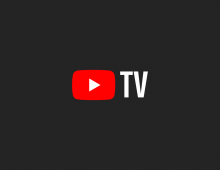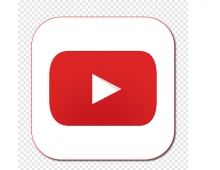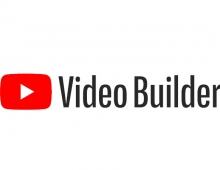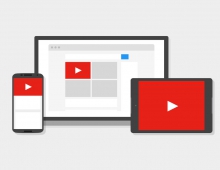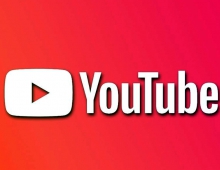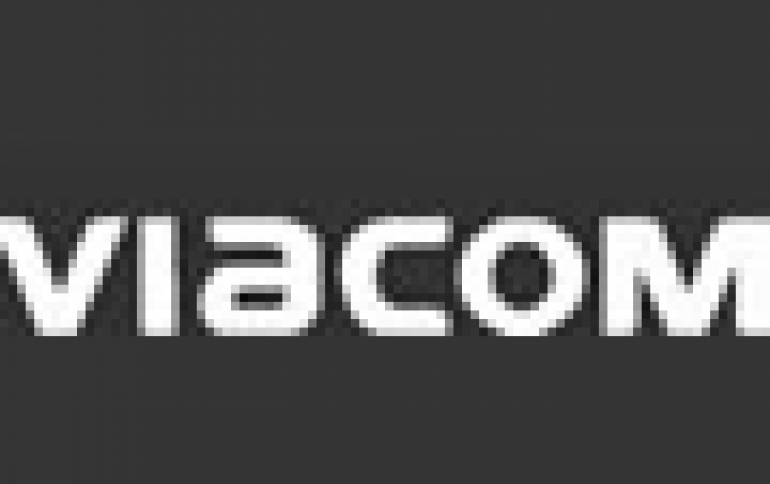
Viacom Accuses Youtube For Uploading Copyrighted Material
Viacom today announced the unsealing of its Motion for Partial Summary Judgment in its copyright infringement litigation against YouTube and Google, which had been filed March 5, 2010.
Viacom says that the motion, filed in the U.S. District Court for the Southern District of New York in March 2007, provides the evidence and legal basis for Viacom's arguments that YouTube intentionally operated as a haven for massive copyright infringement. The company claims that thousands of videos on YouTube had been taken unlawfully from
Viacom's copyrighted works without authorization.
On the other hand, Google accuses Viacom for secretly uploading its content to YouTube, even while publicly complaining about its presence there. Google claims that Viacom hired no fewer than 18 different marketing agencies to upload its content to the site.
"It deliberately "roughed up" the videos to make them look stolen or leaked. It opened YouTube accounts using phony email addresses. It even sent employees to Kinko's to upload clips from computers that couldn't be traced to Viacom. And in an effort to promote its own shows, as a matter of company policy Viacom routinely left up clips from shows that had been uploaded to YouTube by ordinary users," Zahavah Levine, YouTube Chief Counsel posted on Youtube's blog.
"In fact, some of the very clips that Viacom is suing us over were actually uploaded by Viacom itself," Levine added.
Google claims that there is no way YouTube could ever have known which Viacom content was and was not authorized to be on the site.
"The legal rule that Viacom seeks would require YouTube -- and every Web platform -- to investigate and police all content users upload, and would subject those web sites to crushing liability if they get it wrong," Levine said.
Viacom claims that Youtube had readily available ways to control the 'infringement' on YouTube. "Indeed, they were deploying these very techniques for other companies, and said they would do so for Viacom -& bout if Viacom gave them a license for popular Viacom programs. Defendants'(Youtube's) refusal to control the infringement from which they profited makes them vicariously liable," reads Viacom's filling in the court.
Google has asked the judge to rule that the safe harbors in the Digital Millennium Copyright Act (the "DMCA") protect YouTube from the Viacom' claims. "DMCA is permitting open platforms like YouTube to flourish on the Web. It gives online services protection from copyright liability if they remove unauthorized content once they?re on notice of its existence on the site," Youtube's representative said.
The Digital Millennium Copyright Act (DMCA) criminalizes the production of technology to circumvent anti-piracy measures while limiting the liability of providers of online services for copyright infringement by their users.
Google also claimed Viacom had in 2006 expressed interest in buying YouTube, which the Web search leader subsequently bought months later for $1.65 billion.
On the other hand, Google accuses Viacom for secretly uploading its content to YouTube, even while publicly complaining about its presence there. Google claims that Viacom hired no fewer than 18 different marketing agencies to upload its content to the site.
"It deliberately "roughed up" the videos to make them look stolen or leaked. It opened YouTube accounts using phony email addresses. It even sent employees to Kinko's to upload clips from computers that couldn't be traced to Viacom. And in an effort to promote its own shows, as a matter of company policy Viacom routinely left up clips from shows that had been uploaded to YouTube by ordinary users," Zahavah Levine, YouTube Chief Counsel posted on Youtube's blog.
"In fact, some of the very clips that Viacom is suing us over were actually uploaded by Viacom itself," Levine added.
Google claims that there is no way YouTube could ever have known which Viacom content was and was not authorized to be on the site.
"The legal rule that Viacom seeks would require YouTube -- and every Web platform -- to investigate and police all content users upload, and would subject those web sites to crushing liability if they get it wrong," Levine said.
Viacom claims that Youtube had readily available ways to control the 'infringement' on YouTube. "Indeed, they were deploying these very techniques for other companies, and said they would do so for Viacom -& bout if Viacom gave them a license for popular Viacom programs. Defendants'(Youtube's) refusal to control the infringement from which they profited makes them vicariously liable," reads Viacom's filling in the court.
Google has asked the judge to rule that the safe harbors in the Digital Millennium Copyright Act (the "DMCA") protect YouTube from the Viacom' claims. "DMCA is permitting open platforms like YouTube to flourish on the Web. It gives online services protection from copyright liability if they remove unauthorized content once they?re on notice of its existence on the site," Youtube's representative said.
The Digital Millennium Copyright Act (DMCA) criminalizes the production of technology to circumvent anti-piracy measures while limiting the liability of providers of online services for copyright infringement by their users.
Google also claimed Viacom had in 2006 expressed interest in buying YouTube, which the Web search leader subsequently bought months later for $1.65 billion.

